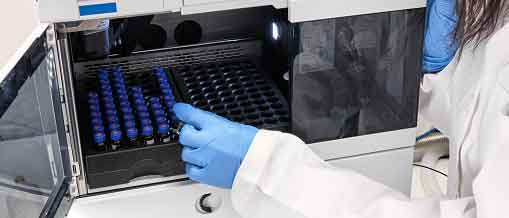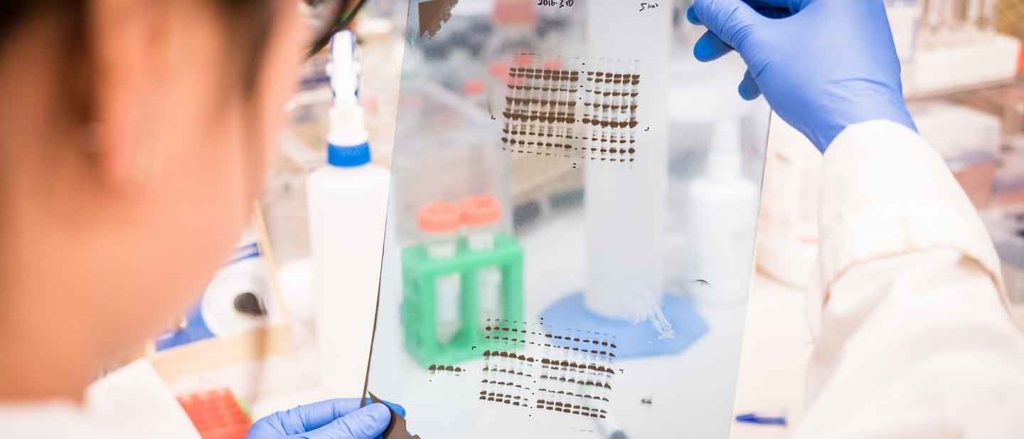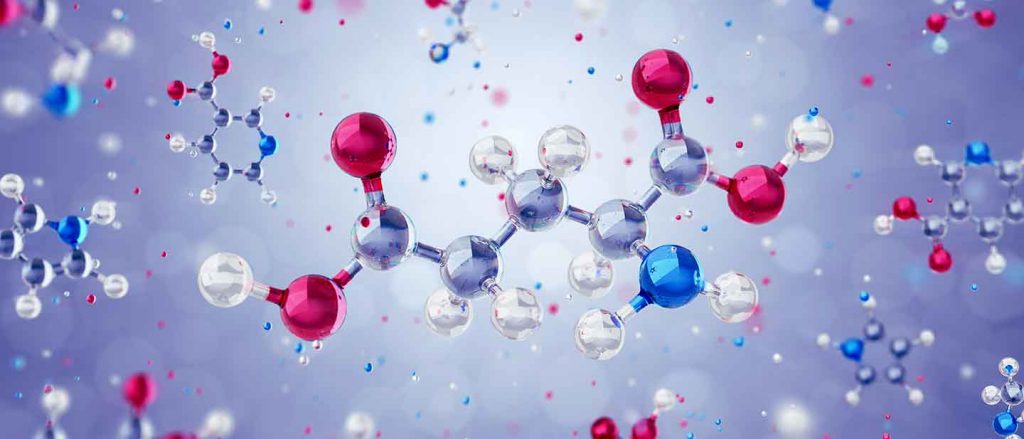Biologics are distinct from small peptides/oligonucleotides and other synthetic pharmacological treatments. Their production entails the precise replication of complex, naturally occurring processes within a living cell to produce large, highly specific molecules. This has contributed to both the high cost attributed to this class of treatment and the stringent approval requirements placed on biosimilars (covered in Chapter 6).
The cellular processes that are replicated in the production of biologics and biosimilars must be carried out in an appropriate cell type under specific conditions. The result is a molecule that is functionally identical to the naturally occurring protein; however, since in vitro protein synthesis is difficult to precisely control and replicate, and is influenced by external factors, small differences between molecules may be introduced. Quality control of the manufacturing process and final product is strict and is assessed according to a variety of factors throughout manufacture.
This chapter will discuss the development and manufacturing process of a biologic or biosimilar, inherent variability and quality management.


